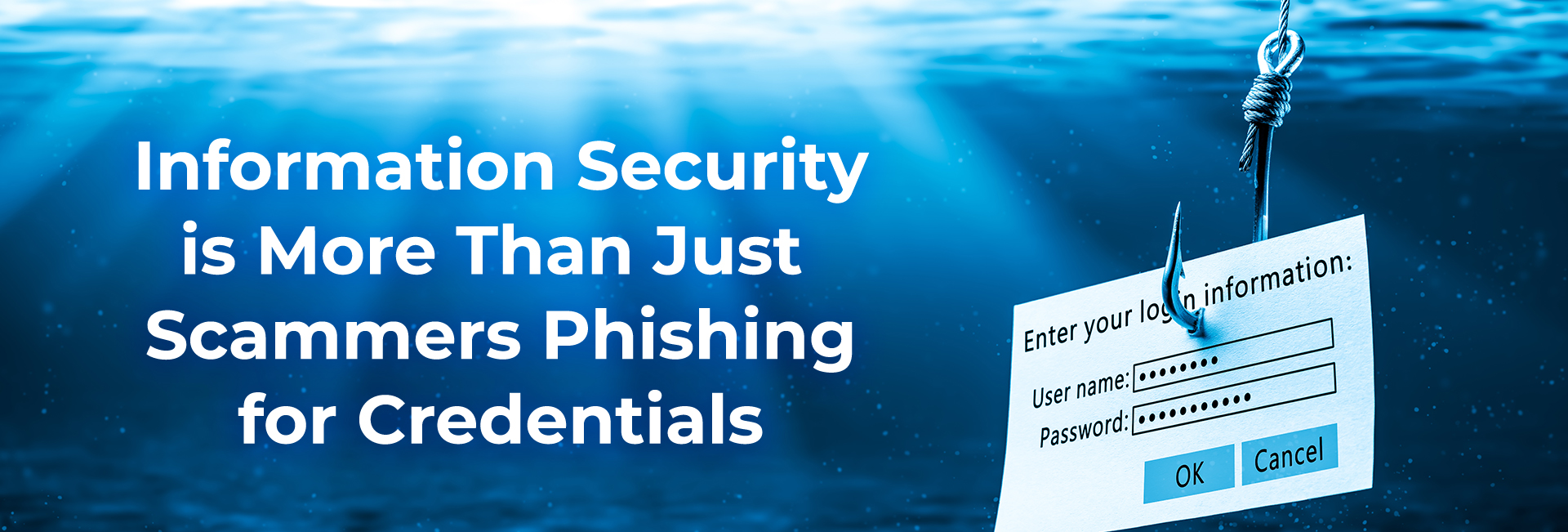
When we think of privacy and information security, we often think of cyber security, hackers, and scammers phishing for your information so they can drain your bank account. Cyber security is a HUGE industry and rightfully so. However, information security is just as important in person as it is online.
(Blog article Written by CTI)
Businesses have used sound masking for decades to create a more comfortable and private office environment for their employees and clients. More recently its privacy-enhancing features have made it an even more attractive solution for companies. Tim Kersting, Chief Design Officer at CTI, (formerly Conference Technologies, Inc.) joins us to share an integrator’s perspective on the benefits of sound masking and the various ways the team at CTI offers it to clients.
Tim, how do you offer sound masking solutions to clients?
“A couple of different ways. If you have an open office space, we ask if you have any interest in sound masking and sound protection. Most of our clients already know what it is and don’t need education on it.”
“Recently we’ve found we’re installing it a lot more in spaces that are of high importance. If I am in a board room, I don’t want folks outside the boardroom to hear what we discuss inside the board rooms. Hospital conference rooms are another example. I was recently in a facility where you could clearly hear the discussion that was happening next door. That’s not HIPPA compliant.”
“Our design consultants and salespeople are using opportunities where you want people to not understand what you’re saying in that high-importance room to expand beyond the space we’re working onto an entire floor or add-ons to opportunities where we’re already doing work. Sound Masking hardware is usually built for a 400-person cube center/floor. You might segment it off (controls) for special areas, but the processing is not a large expense. Adding a few speakers to isolate a conference room isn’t a huge spend when you’re already installing 400 speakers!”
What about it is attractive to them?
“HIPPA compliance is a big market. Keeping cube farms sane by reducing or outright eliminating audible distractions in open spaces. But we’re seeing more work around conference rooms for information security.”
“We’re educating our clients about things that happen in conference rooms they’re not aware of. For example, are displays positioned in a way that people outside the room can read them? You can use frosted glass or shades to shield displays from prying eyes. Do you put the names of guests or interviewees on scheduling panels? Getting back to sound masking, teaching clients that if your walls aren’t perfectly built you must be aware of how that sound spreads!”
How does it help your business, too?
“CTI’s focus is on creating a positive client experience. That’s where, for example, information security comes in. Providing our experience and making sure folks are educated on how the whole room works, and what solutions are available, then letting the client make the decision on what they want to do from there.”
To learn more about what CTI can bring to your next AV project, you can contact them at https://www.cti.com/contact.


